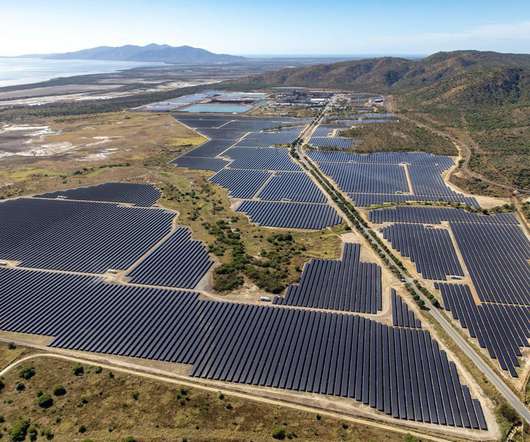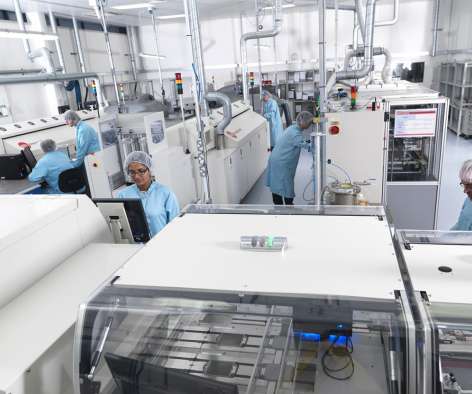Kawasaki, Subaru, Toyota, Mazda, and Yamaha partner on producing, transporting, and using carbon-neutral fuels, including hydrogen
Green Car Congress
NOVEMBER 15, 2021
jointly announced that, toward the achievement of carbon neutrality, they will take on the challenge of expanding fuel options through the use of internal combustion engines at the (three-hour) Super Taikyu Race in Okayama on 13-14 November. Continuing to race using hydrogen engines. Participating in races using carbon-neutral fuels.



























Let's personalize your content